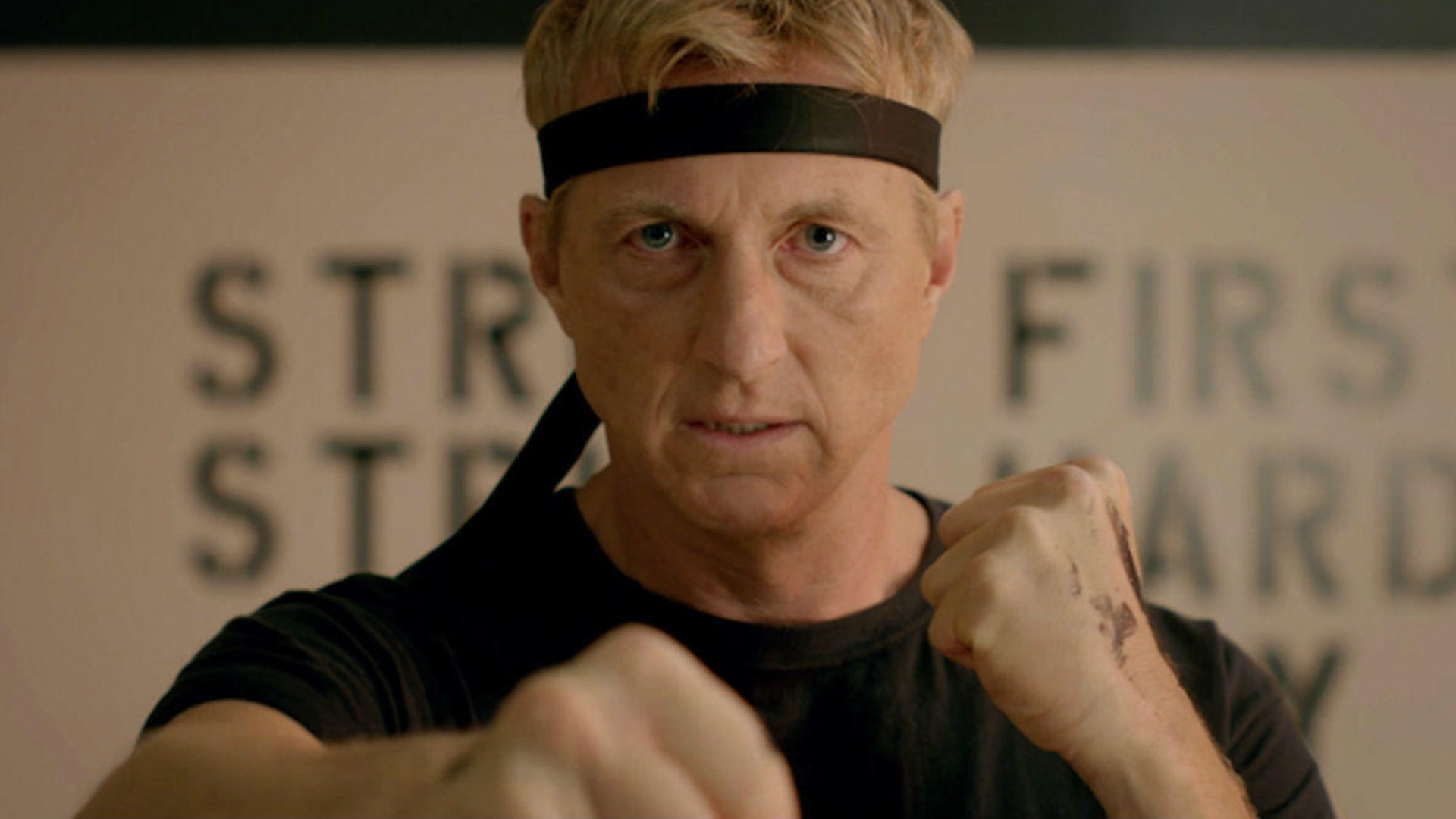
Narrative pleasure relies on a bunch of underlying ideas: that good and evil exist; that people can change; that change isn’t easy; that the effort to change and improve should result into a reward (see a previous post of mine on “sense of justice”). Also, that destiny plays an important part in our lives.
Let’s focus on this last idea.
As we follow a story, we watch events while holding a silent belief that the circumstances befalling the main character are conspiring to make him face his weakest inner point. Subconsciously, we believe that somewhere, somehow in his/her future (in everybody’s future) there’s a “true self” waiting to be realized. Like “Someone,” knowing this, selected certain obstacles and placed them in the main character’s path accordingly.
In other words, when we expect something special from a story (and how could we not?), we secretly count on Fate knowing what’s going on and having a hand in it.
To put it differently: from a screenwriting perspective, Fate is coincidence redeemed from its negative side effects. The audience perceives how unlikely something is but finds it meaningful, not artificial.
Of course, Fate must not be a deus ex machina. Like McKee teaches, coincidences should be used to light up the story, not resolve it. The sooner coincidences occur, the better. In fact, when an improbable event kicks off a story, its very improbability is perceived and accepted as something that makes that story special and unique. Think of the first encounter in a love story. Improbable, yet wanted by Destiny and thus special.
I found myself considering the issue while watching the beautifully-written Cobra Kai pilot episode— YouTube TV’s The Karate Kid sequel.
Check out how many times LaRusso’s looming presence interferes with Johnny’s life, always at the “right” moment (the billboard, the radio ad, the TV commercial, the encounter with LaRusso’s daughter, the tow truck…) before they meet.
We feel with certainty that Fate is preparing the way to the big event, to give Johnny the chance to start redeeming himself. And we like it.
Scriptshadow has published an insightful analysis (as usual) of the series. I agree with everything except Point 8. To me, the karate tournament that took place in the original movie, 30 years earlier, doesn’t lack motivational power for Johnny and Daniel. On the contrary, it’s important because it changed Johnny’s life.
At the beginning of the series, Fate decides to remind viewers that, in stories, one should “never say never.”

Be First to Comment